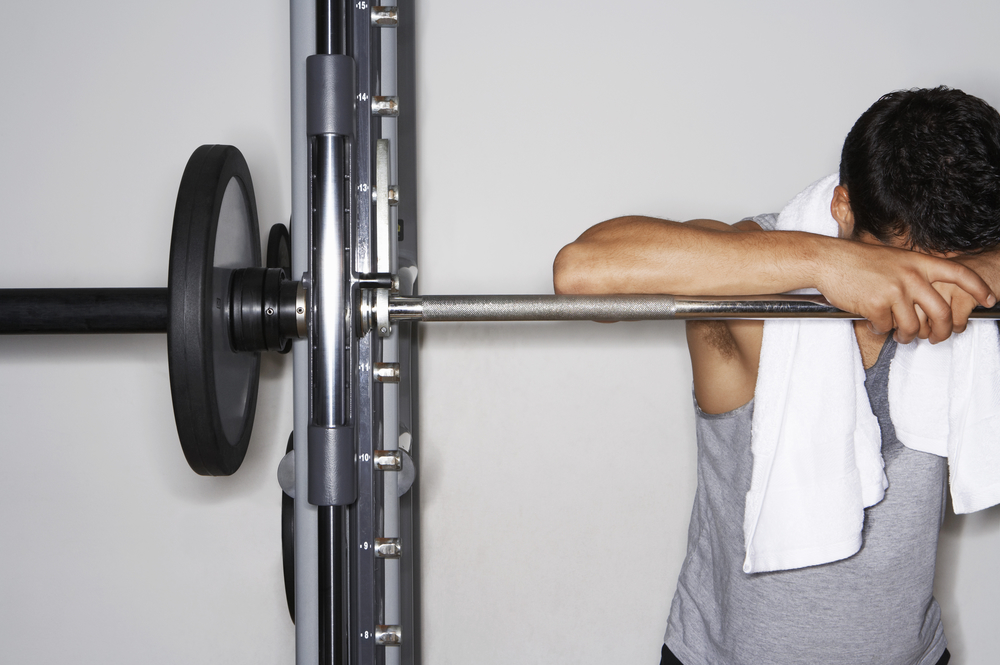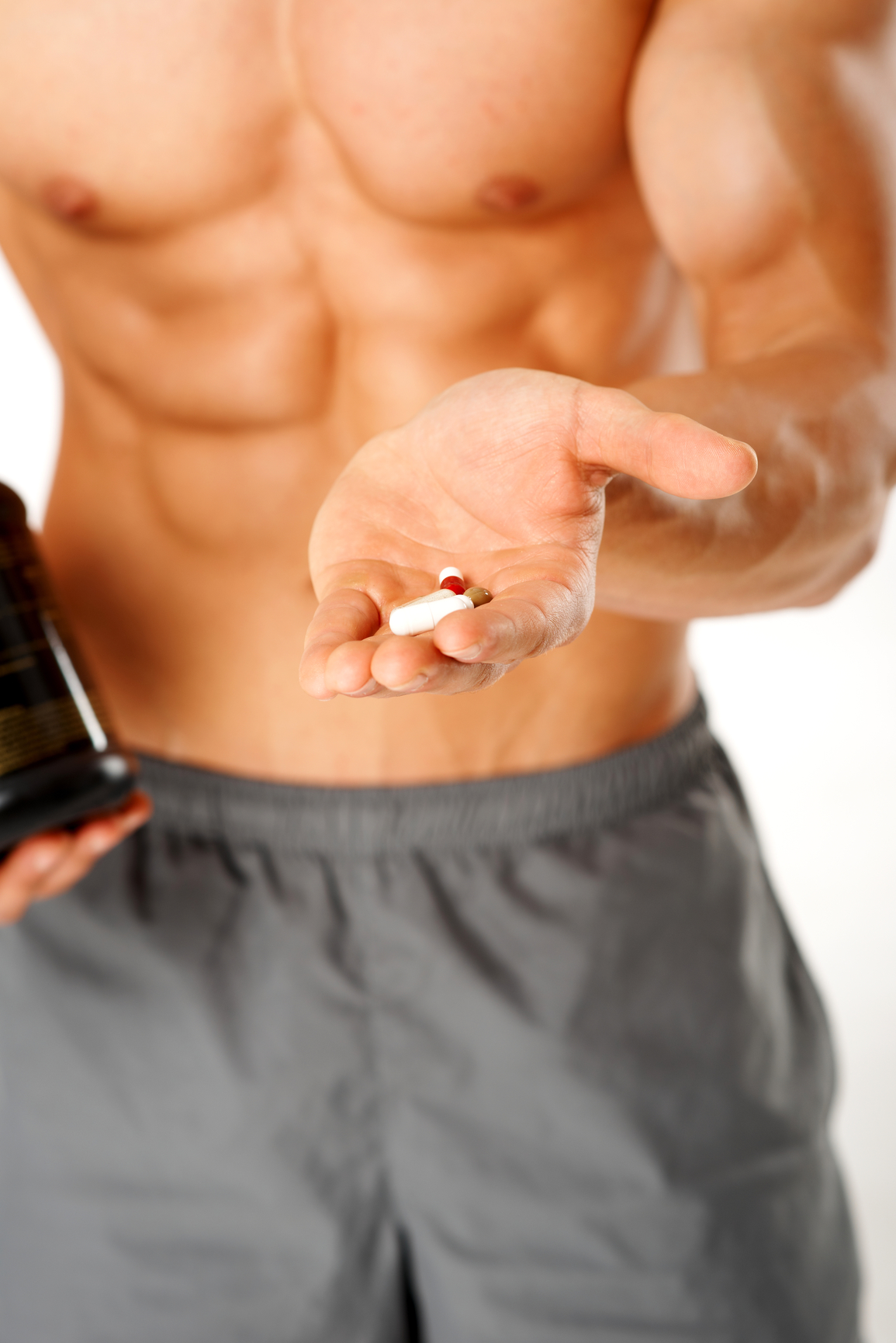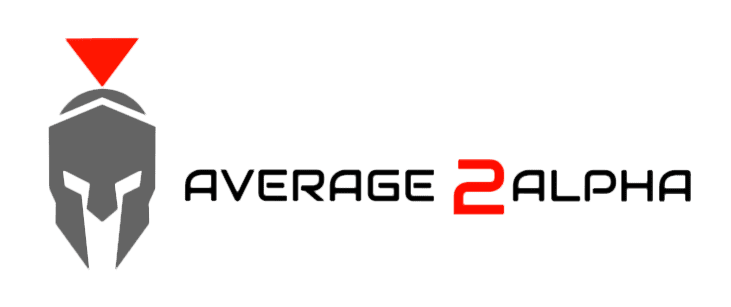Before we get into recovery, let’s talk about a human tendency and one that’s grown into a cultural norm: tepidness.
We have a tendency to ease into things rather than charging in yelling and screaming with guns a blazing. We do this because we think it’s safe. Walking in with caution rather than running in with total abandon is seen as smart. But it isn’t.
Once a decision is made a man must carry out said mission with everything he has.
We’re seeing it in how we fight wars. We put restraints on our soldiers rather than letting them do what war dictates they must: destroy the enemy.
And it’s our fault. That is, it’s the populace’s fault because it’s we who are afraid of seeing what war truly is. We’re afraid, scared, riddled with a guilt that cannot be explained and so we ask our warriors to ease into battle, to fight with fairness rather than tenacity.
This has to end, both on a cultural level and on a personal level.
We cannot tie our warriors hands behind their backs and expect them to win, nor can we think that by easing into anything we’re setting ourselves up for victory.
Victory is all that matters, whether it’s war or business or life. Sure, we have values, we live and fight with honor, but we attack, we hunt down the looming goal, we destroy the enemy, because in acting with tepidness, in being timid, in using caution, we weaken our resolve, we convey the fact that we don’t really want to win, because if we truly did we’d give no quarter.
As a man, you need to define your mission in life, you need to know your enemy (typically he’s internal, but with the growth of evil ideologies, even the civilian has a literal, physical enemy), and you need to decide to act while refusing to look back, refusing to give anything less than your most tenacious.
This, oddly enough, brings us to recovery.
THE LEAST EARNED, MOST TALKED ABOUT ASPECT IN PERFORMANCE

It’s one of the most talked about topics in this industry of health, training, and performance, and it’s utter nonsense.
So few of us actually EARN our recovery.
We train for an hour a day, half-assed, with no real pain. Life should leave you crawling into bed at night from exhaustion dying to shut your eyes and get some rest. But that’s rare.
We ‘go to the gym’, workout a little, but neither our lifestyle nor our training regimen dictate we even need to actively recover.
Thus, before we even delve into why it’s important to recover effectively and how to do so, I’d be remised if I didn’t highlight the fact that so few of us actually need it.
What we do need is a tenacity in our training that befits the steps we’re going to cover.
Here’s a sample of how we should be living – and it’s something that we can all do.
Morning Routine
10-15 minutes
5x pull-ups
10x push-ups
15x air squats
Repeat as many times as you can within the time period you choose.
Workout – Your Real Routine
Training doesn’t need to be long, but it must be tough. Lift heavy things intensely, or perform circuits that push you mentally and physically, or do both. A few programs that will fit:
Strong Like a Warrior (uses weights)
Boxing Bodyweight Program (bodyweight)
Both programs will push you. They’ll obviously help you reach your aesthetic goals, but they’re also designed to test your mettle while training.
So, let’s assume you are earning your recovery (which is rare, lately, I have not been one of these guys, I’ve been slacking, which is why I’m implementing that morning routine, plus some kind of training every day, today I’m off to go on a hike up a mountain with Teddy, for example), what then should you be doing to ensure you’re getting the most out of your body and your workouts?
To start, recovery is actually the act of building. It’s repairing. It’s maintaining a healthy body, but also enabling your body to see the benefits from said training.
As an aside: I mentioned that workouts must be intense. The topic of pre workouts comes up a fair bit while talking about intensity. Well, the majority of them suck, so I’ve stopped taking them all-together. What I do take is:
- A big cup of coffee – Caffeine obviously aids in energy, but it helps you recruit more fat to burn as well.
- Onnit’s Shroomtech Sport – I’ve noticed I can train longer and with more intensity, and I’m becoming a fan of ONNIT. They’re a good company, research-backed, they seem to keep and open mind as to what works and what doesn’t so the products they produce actually get results.
Alright…
So you’re training your but off, living an active lifestyle, one befitting a warrior, or simply a fella that would be very difficult to kill, and you’re TOAST.
You’re not sleeping well. You’re sore, run down, and you’re wondering about how to best recover. What follows may not be to your liking, because if you actually want optimal recovery, you may have to make some lifestyle changes.
Recovery isn’t about popping a few pills, it’s a lifestyle.
4 THINGS YOU NEED TO DO TO RECOVER OPTIMALLY
1. Get a quality sleep.
If you’re training your arse off, you can’t also be partying your arse off. A quality sleep is dependent on a sleep routine. If you break that routine consistently you’ll find yourself unable to fall asleep and unable to wake up at the time you need to in order to win at life. (Read This: Conquer Your Morning. Win Your Life)
Get your sleep.
2. Don’t drink.
I will never completely recover optimally simply because I like a beer here and there, and a scotch, and some vino. I do, however, go a week or two every month without booze, and the energy I have, the quicker I’m able to recover is tenfold.
Alcohol is both estrogenic, and it dehydrates you. You need to be very hydrated to recover optimally, and you definitely need your testosterone levels thriving at the same time.
3. Hydrate.
Being properly hydrated helps with both mental and physical health. It also aids in muscle recovery. However, the notion that other beverages besides water – including coffee – don’t count toward your ‘total hydration’, are myth. That being said, you want the bulk of your water intake to come from actual water, even though
As a baseline, drink ¾ to 1 gallon of water per day. But this has to increase if you’re exercising as you need to replace all water lost through sweating.
Add 1-1.5 litres of water per hour of exercise on top of that baseline, plus a little extra if it’s hot out and you’re sweating a little more than usual, and you’re good to go.
Mike Matthews has a great article on hydrating effectively here: How Much Water Should You Consume?
4. Roll and Stretch.
It’s tough to find evidence for stretching because it’s difficult to find athletes who compete at any level who don’t do it. But in my own life there’s a stark contrast between how I perform when I roll and stretch and when I don’t (foam rolling, or using a lacrosse ball, not rolling as in BJJ).
This is the active recovery aspect that’s just as important as training. You need to be taking 15 minutes a day on average to ensure your muscle health, length, and break down any knots.
SUPPLEMENTATION
 There’s a lot myth surrounding which supplements aid in recovery, and which are simply useless.
There’s a lot myth surrounding which supplements aid in recovery, and which are simply useless.
BCAA’s are great, for example, but they aren’t necessary if you consume enough protein.
Check out this article: The Ultimate Guide to Protein
Thus, consuming a post workout shake that’s high in a high-quality protein and good carbs (assorted fruits are my go to) to stop the rise of cortisol that occurs during and after a workout by spiking your insulin levels is a must.
You DO need to take some whey protein that’s high quality and contains the right amino acids – Here’s a Grass Fed Whey you can try.
If you’re fasting, BCAAs are great.
Creatine is one of the most tested, proven, and beneficial supplements you can use.
It reduces muscle inflammation and aids in recovery.
Where recovery is really aided is in the quality of your diet, and the nutrients you consume.
If you’re busy, or if you’re an athlete, I highly recommend a greens supplement. I take Athletic Greens once a day, twice a day on days where I’m extra active.
It gives you both an energy boost and the nutrients required to maintain your health and energy even if you’re training your ass of ass previously stated.
OVERALL
Recovery must first be earned.
Once it’s earned, it becomes more about habits, diet, and the life you lead than about the supplements you take.
So, go earn that fucking recovery!

About The Author
 Chad Howse: Chad’s mission is to get you in the arena, ‘marred by the dust and sweat and blood’, to help you set and achieve audacious goals in the face of fear, and not only build your ideal body, but the life you were meant to live. He’ll give you the kick in the ass needed to help you live a big, ambitious life.
Chad Howse: Chad’s mission is to get you in the arena, ‘marred by the dust and sweat and blood’, to help you set and achieve audacious goals in the face of fear, and not only build your ideal body, but the life you were meant to live. He’ll give you the kick in the ass needed to help you live a big, ambitious life.
You can contact him at –
http://www.
https://www.Facebook.com/
https://www.YouTube.com/








